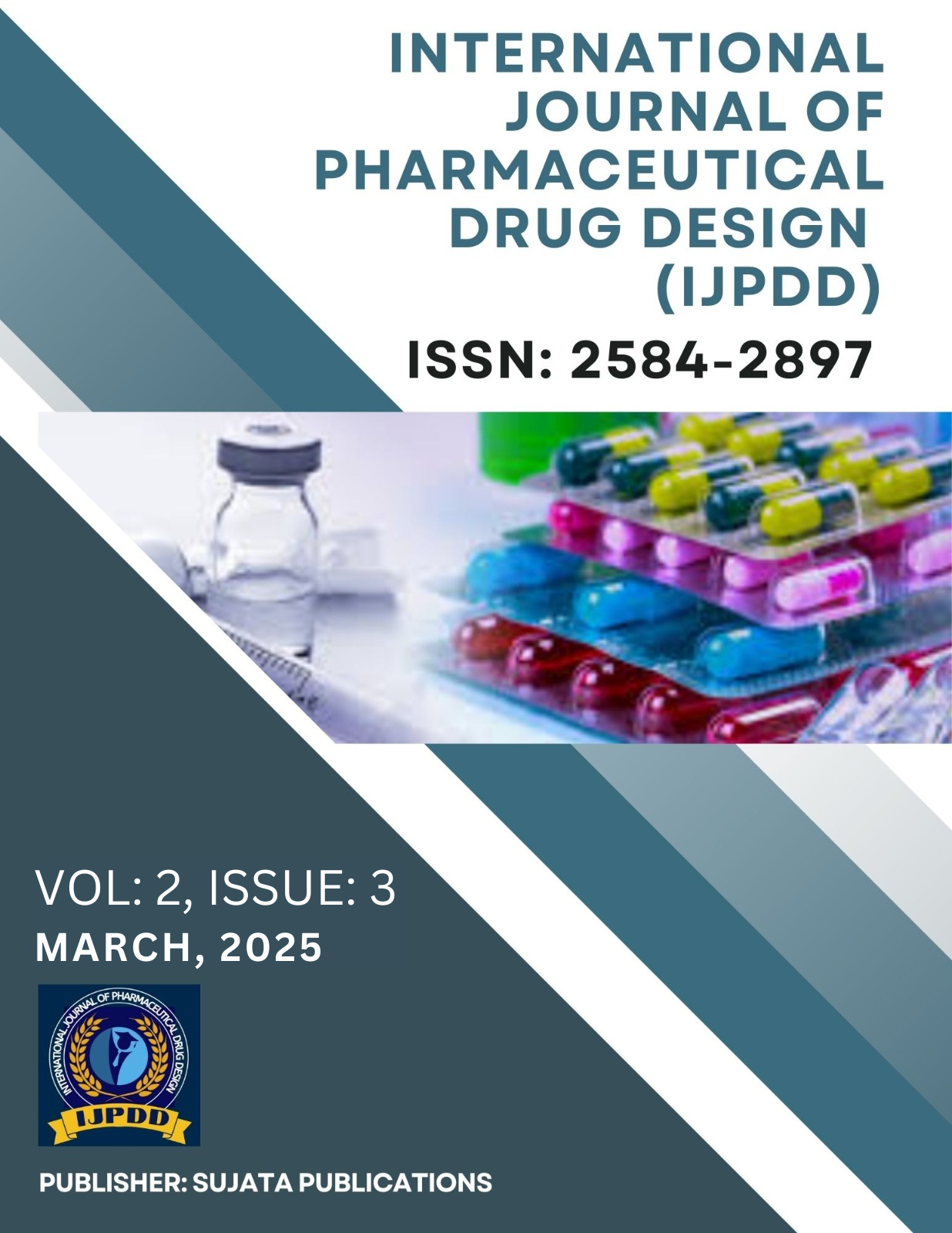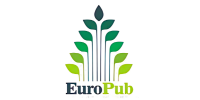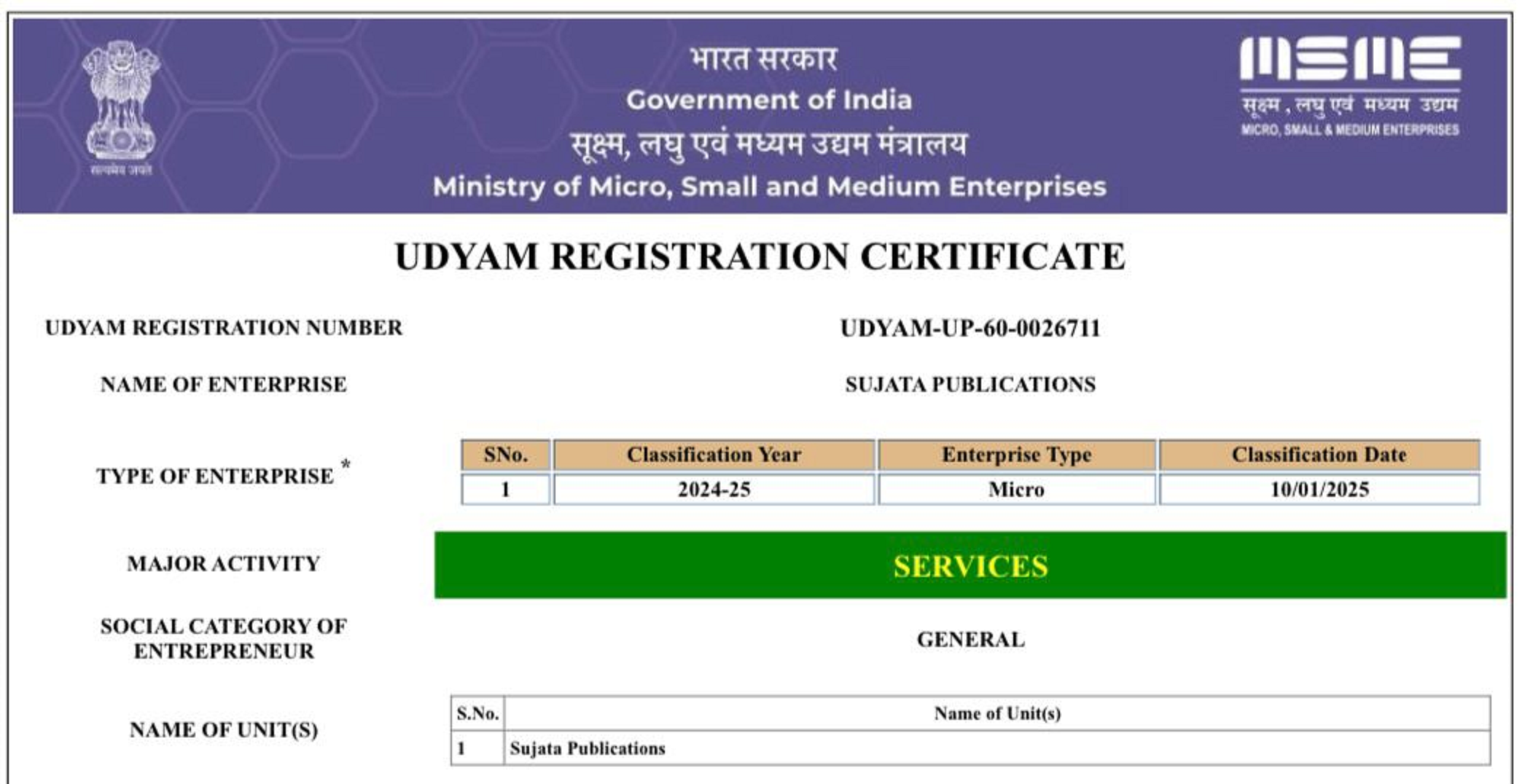A REVIEW OF MARINE PORPHYRA SPECIES
DOI:
https://doi.org/10.62896/Keywords:
Porphyra, Nori, Rhodophyta, Protoflorideophyceae, Narawaensis.Abstract
Porphyra, a red alga widely cultivated in East Asia, is valued for its nutritional, dietary, and medicinal properties. Key species like P. yezoensis and P. tenera dominate aquaculture, supported by advanced cultivation techniques. Its economic and ecological significance continues to grow globally, with applications in food, traditional medicine, and modern research. Porphyra haitanensis is rich in crude protein, carbohydrates, essential minerals, and pigments like chlorophyll A and phycoerythrin, with minimal heavy metals. Its bioactive polysaccharide, porphyran, contributes to its notable pharmacological properties. The taxonomy and physiology of algae reveal their diverse photosynthetic nature, with the red macroalga Porphyra thriving across tidal zones and exhibiting resilience to salinity variations. Metabolic studies highlight distinct biochemical profiles among brown, green, and red algae. Porphyra cultivation, rooted in ancient practices, has evolved into a billion-dollar industry driven by innovations in mariculture, such as conchocelis-based seeding and asexual reproduction techniques like archeospore utilization. These advancements enhance crop reliability and scalability, with Porphyra's high protein and nutrient content fueling global demand. Further research into its stress tolerance, reproductive biology, and ecological impact promises continued aquaculture advancements. Porphyra, a widely studied marine alga, exhibits diverse pharmacological activities, including antioxidant, anticancer, immunomodulatory, and antiinflammatory effects. Key bioactive compounds such as polysaccharides, proteins, peptides, and mycosporine-like amino acids (MAAs) contribute to its therapeutic potential. Notably, Porphyra's polysaccharides enhance immune function, while proteins and peptides offer antihypertensive and antioxidative properties. MAAs demonstrate significant UV protection and antioxidant activity. Additionally, Porphyra is a valuable source of vitamin B12, with potential implications for addressing vitamin B12 deficiency, particularly in vegetarian diets.

Downloads
Published
Issue
Section
License
Copyright (c) 2025 Sujata Publications

This work is licensed under a Creative Commons Attribution-NonCommercial 4.0 International License.















